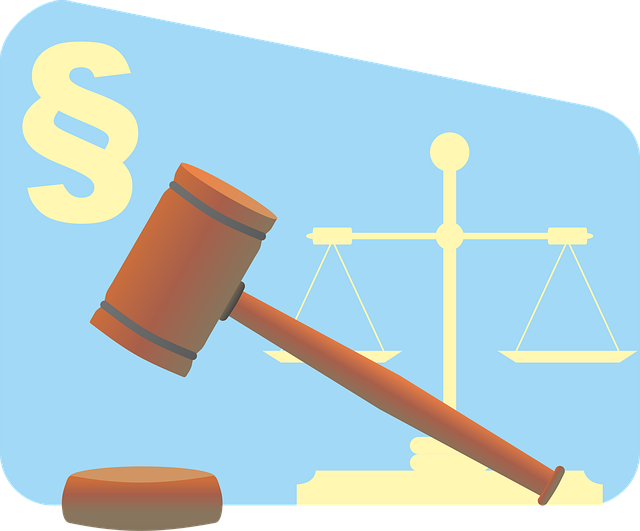Litigation risk management for wrongful conviction cases requires strategic planning, involving thorough legal scrutiny, engaging specialized attorneys, and developing robust defense strategies. Key steps include gathering evidence, scrutinizing testimonies, crafting innovative arguments, and leveraging legal precedents. Meticulous attention during execution and post-trial considerations phases ensures fair outcomes in high-stakes cases, ultimately overturning wrongful convictions.
Litigation Risk Management is an essential practice for turning potential wrongful convictions into fair outcomes. This article explores three critical steps in navigating the complex landscape of justice: Understanding Litigation Risk, where we identify factors leading to wrongful convictions; Strategic Planning, focusing on methods to overturn unjust decisions; and Execution and Post-Trial Considerations, ensuring a thorough process for a just resolution. By following these steps, legal professionals can enhance their strategies and advocate for those wrongfully accused.
- Understanding Litigation Risk: Identifying Potential Wrongful Convictions
- Strategic Planning: Navigating the Path to Overturning Unjust Decisions
- Execution and Post-Trial Considerations: Ensuring a Fair Outcome
Understanding Litigation Risk: Identifying Potential Wrongful Convictions

Litigation risk management involves a keen understanding of potential wrongful convictions, which can have severe implications for individuals and respective businesses. Identifying these risks is a critical step in the process of managing litigation exposure. Wrongful convictions arise from various factors, including misapplication of laws, procedural errors, or even biased investigations. By recognizing these pitfalls, individuals and organizations can take proactive steps to overturn such decisions, ensuring justice and minimizing financial losses.
The journey towards overturning a wrongful conviction entails several strategic moves. First, thorough legal scrutiny is essential to uncover any procedural flaws or evidence tampering. Next, engaging experienced white-collar defense attorneys who specialize in these complex cases is pivotal. They can navigate the intricate legal landscape, challenge the prosecution’s case, and present compelling arguments in favor of their client. Additionally, building a robust defense strategy that accounts for both white-collar and economic crimes is vital to countering the prosecution’s narrative.
Strategic Planning: Navigating the Path to Overturning Unjust Decisions

Strategic planning is a pivotal aspect of litigation risk management, especially when aiming to overturn wrongful convictions. It involves a meticulous process of navigating complex legal landscapes and understanding the unique circumstances of each case. By taking a structured approach, legal teams can identify potential pitfalls and develop strategies to counter them effectively. This includes gathering comprehensive evidence, scrutinizing witness testimonies, and employing innovative legal arguments to challenge the verdict.
The key to success lies in a comprehensive understanding of the respective business or economic crime involved. For instance, white-collar crimes demand a nuanced approach due to their intricate nature. Skilled attorneys must delve into financial records, analyze patterns, and present compelling defenses that win challenging defense verdicts. This strategic planning ensures that every angle is explored, enhancing the chances of reversing unjust decisions and delivering justice for those wrongfully accused.
Execution and Post-Trial Considerations: Ensuring a Fair Outcome

In high-stakes cases, whether involving corporate or individual clients, ensuring a fair outcome extends beyond the trial itself. The execution and post-trial considerations phase is pivotal in upholding justice and rectifying wrongful convictions. This process involves meticulous steps to overturn a wrongful conviction, including comprehensive case reviews, identifying procedural errors, and gathering compelling evidence that may have been overlooked during initial investigations.
Effective litigation risk management demands attention at every stage of the investigative and enforcement process. It requires robust strategies to challenge inadmissible evidence, scrutinize witness testimonies, and leverage legal precedents to argue for a new trial or reduced sentence. By employing these measures, legal professionals can navigate complex legal landscapes, advocate for their clients’ rights, and ultimately contribute to a more equitable administration of justice in all stages of high-profile cases.
Effective litigation risk management involves understanding, strategic planning, and meticulous execution. By identifying potential wrongful convictions early on, implementing robust strategies to navigate the legal process, and considering post-trial options, there are steps to overturning a wrongful conviction. These measures ensure fairness and protect against unjust decisions, ultimately fostering trust in the legal system.






